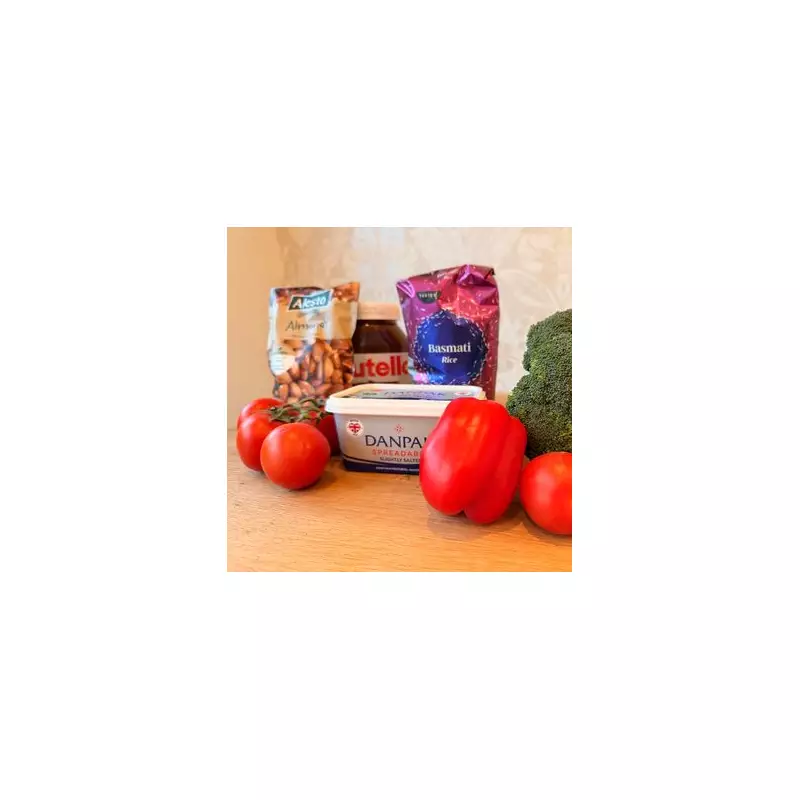
Soaring food prices have forced many British families to rethink their supermarket loyalty, and one shopper's experiment reveals the potential for massive savings. A journalist who traditionally shopped at Tesco decided to switch his entire weekly grocery haul to discount rival Lidl, with staggering results.
The Price Comparison: A Side-by-Side Shop
For years, the convenience of Tesco and Asda home delivery had been a staple for this family man. However, with a weekly shop that had ballooned to nearly £200, up from a previous £100-£120, and two young children to feed, he went in search of a solution. This decision came against a backdrop of a 37% increase in overall food prices from 2020 to 2025, a dramatic jump compared to the 4.4% rise seen in the five years prior.
He headed to his local Lidl, which is situated close to a much larger Asda superstore. Contrary to his expectations, he managed to find all 60 items on his shopping list in the more compact Lidl store, a experience he found less frustrating than navigating the vast aisles of a bigger supermarket.
Where the Biggest Savings Were Found
The final bill told a compelling story. The total shop at Lidl came to £152.95. When the same basket of 60 items was priced at Tesco, the total was £164.01. This represents a direct weekly saving of £11.06, which accumulates to an impressive £575.12 over a full year.
Not every item was cheaper at Lidl. Some products, like a four-pack of tinned tuna, bananas, and own-brand spreadable butter, were identically priced. Surprisingly, a few items were actually more expensive at the discount retailer, including salmon fillets and beef mince.
However, the savings on other products were substantial and far outweighed the few higher-priced items. The most significant savings included:
- Medjool dates: £3.99 in Lidl versus £5 in Tesco
- Super nutty granola: £1.99 in Lidl versus £3 in Tesco
- Heinz tomato ketchup: £3.99 in Lidl versus £4.50 in Tesco
- Hake fillets: £3.29 in Lidl versus £4.40 in Tesco
- 12 eggs: £2.89 in Lidl versus £3.25 in Tesco
The most dramatic price differences were found in the nuts category. Pecans were a remarkable 45% cheaper in Lidl, while almonds, walnuts, and cashews were 39% cheaper. Pistachios were 38% less expensive, leading to a significant overall reduction in the bill given the typically high cost of nuts.
The Checkout Experience and Why Prices Are Rising
The shopping experience itself had its trade-offs. While Tesco offers self-service tills which can sometimes be problematic, Lidl maintains a staffed checkout system. The shopper noted a moment of self-consciousness with a full trolley of 60 items while others in the queue had only a handful of goods.
The article also highlighted the complex reasons behind the escalating cost of food. These include climate factors such as UK drought and extreme weather abroad affecting commodities like coffee and cocoa, as well as the ongoing conflict in Ukraine and government policy decisions.
This real-world test demonstrates that for families feeling the pinch, switching supermarkets can be a powerful strategy for managing the cost of living crisis, turning a simple change of routine into substantial annual savings.





